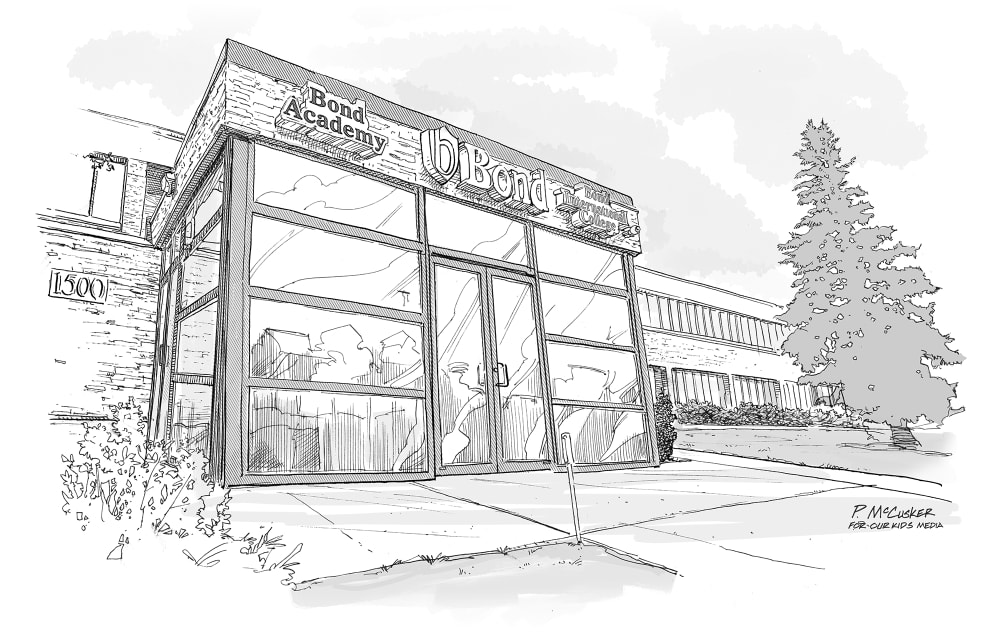

How we see Bond Academy
The 50-page review of Bond Academy is part of our series of in-depth accounts of Canada's leading private schools. It provides a unique and objective perspective on the school's academics, programs, culture, and community.
Read our in-depth reviewCompare with:
How Bond Academy sees itself
"Bond promotes the academic, social & character development of our students within a challenging & supportive learning environment, using an enriched Ontario MOE curriculum. Facilities include a professional stage, double gym, cafeteria, library, computer labs, a large fenced field with a Creative Playground & a wireless campus. Fees include full-day Montessori Casa, Kindergarten, Early Start Literacy, Resource Support, Numeracy, French, Daily Physical Education, Swim Program & Before & After school programs. We pride ourselves in small class sizes which allows us more opportunities for one on one support."
"We set high personal & academic standards for our students. We believe that with positive support and direction. students will rise to the challenge of high expectations. Our students are recognized & respected as unique individuals, & their successes reflect our own dedication to providing high quality. well-rounded education. At Bond Academy, we remain committed to our students, our parents, & our philosophy. Simply put education at Bond is Beyond the Books and its Education as it Should be."
"Parents find that Bond promotes the academic, social, physical, & character development of our students by providing them with a challenging & supportive learning environment. Our students are recognized and respected as unique individuals, & their successes reflect our own dedication to providing high-quality, well-rounded education. We believe that a partnership of families is critical to maximizing the success of our students. Education that is beyond the books, Education as it should be."
"The development of Learning Skills & Work Habits is also an integral part of the
student’s overall learning environment & achievement. As well as a variety of after-school clubs, competitive sports teams, cultural events, individual counselling, and academic guidance.
"Education as it should be” and a healthy active lifestyle are the foundations of Bond Academy. We strive to encourage our students to reach their full potential by developing into kind, caring and active members of our society."
"One of the things families find surprising about Bond is that not only does Bond have a sense of community, but it is also Its own community. An extended family, where everyone feels welcome. Bond has a culture that builds a child beyond academics, hence beyond the books. We emphasise that education is building future members of society, to be stronger, diverse, considerate, respectfully, caring, and knowledgeable which encourages lifelong learning."
Bond Academy operates summer camps and programs. Click here to learn about Bond Academy Day Camp .

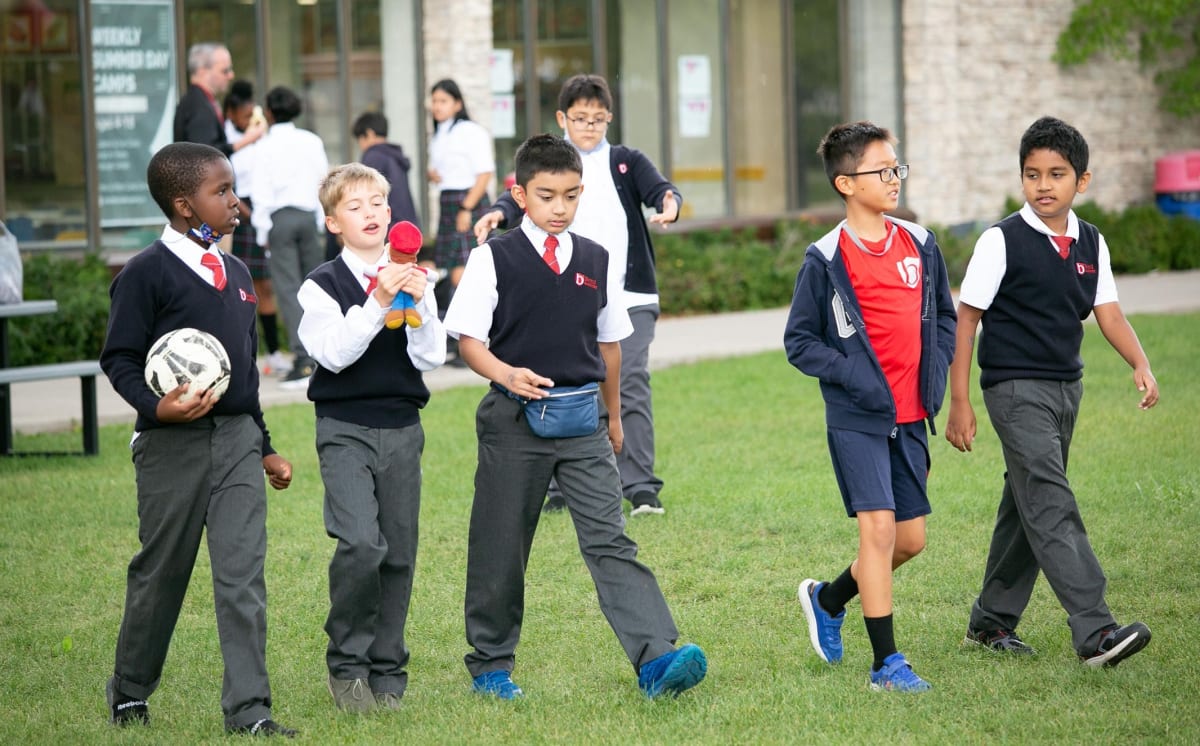
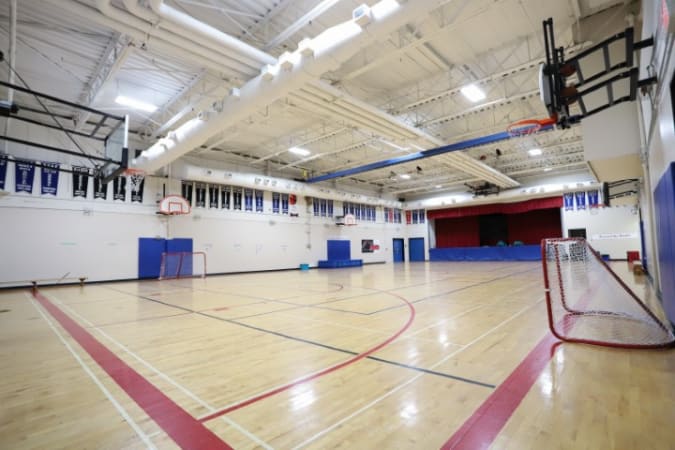
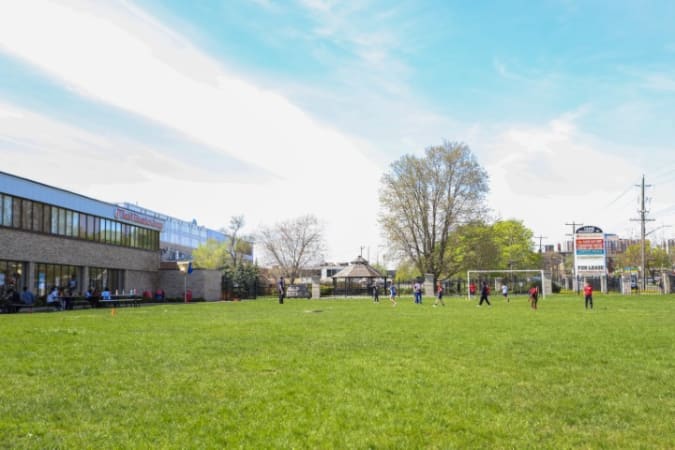





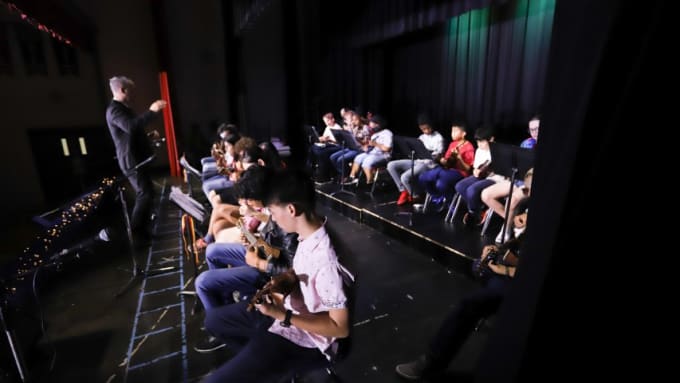




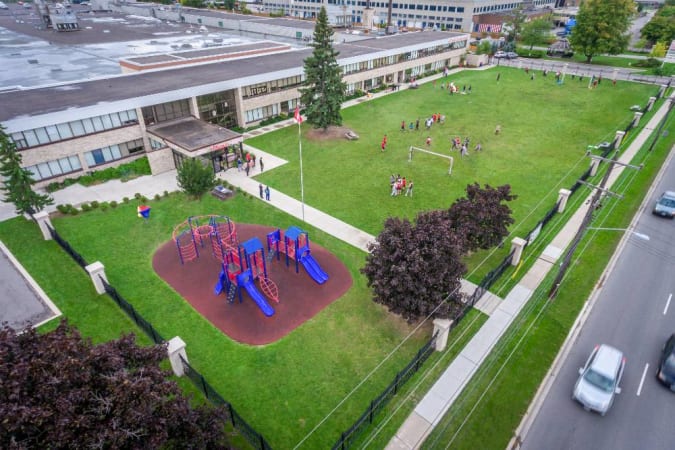







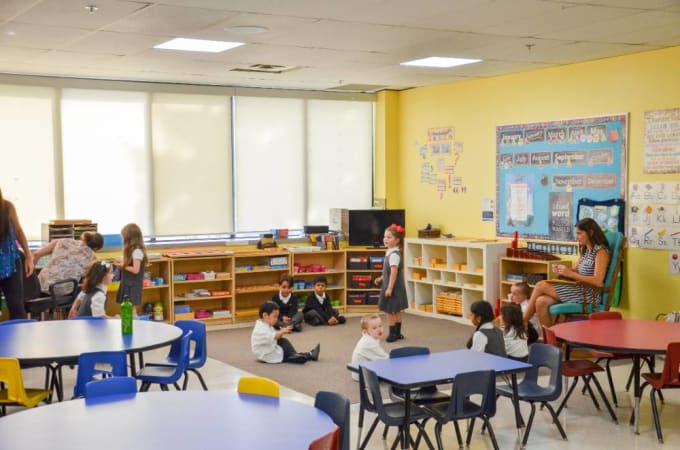



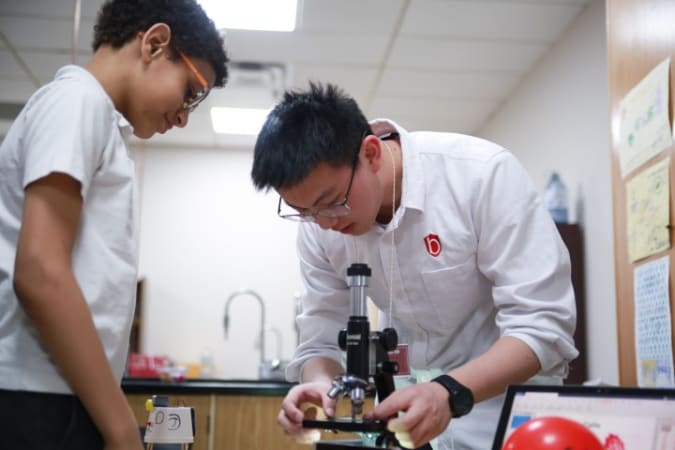

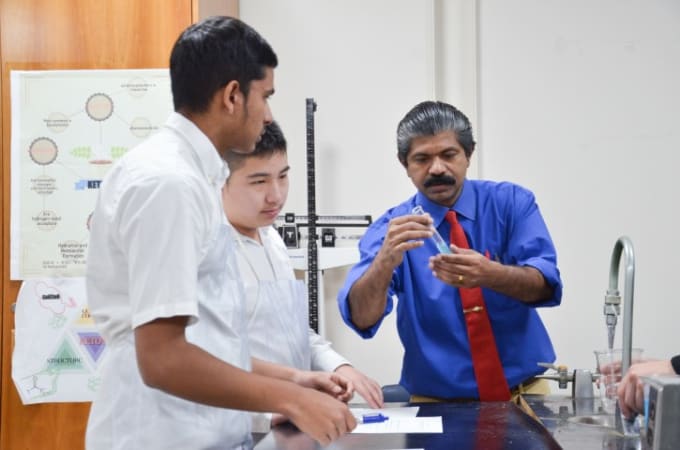




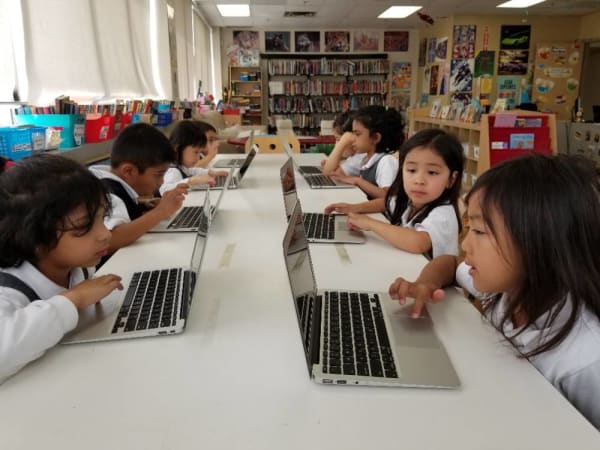




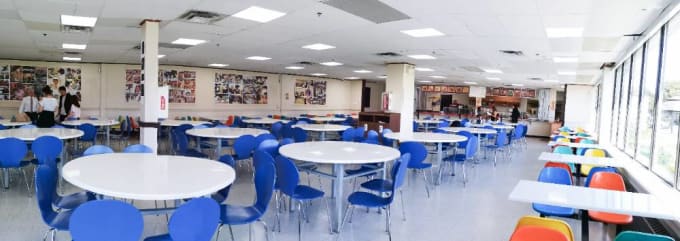

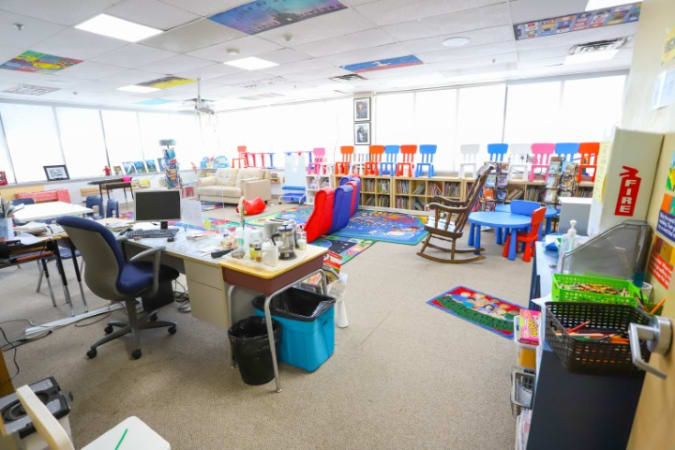



How people from the school’s community see Bond Academy
Top-down influence on the school’s direction and tone
Phil Davies, Secondary School Principal
As Principal of the Bond Academy Secondary program, I would like to welcome our new and returning students, as well as their families to the 2023-2024 school year.
Bond provides an inclusive atmosphere that caters to all learning styles, while promoting the acquisition of the 21st-century competencies that our students require, such as collaboration, critical thinking, digital literacy, and social responsibility, to prepare them for their future vocations.
Therefore, it is essential that students, parents, and staff all work together to provide the optimal learning environment for our students, to maximize their potential for success in their post-secondary studies and eventually their chosen profession.
In addition, our Bond Girls Basketball team continues to grow as they compete in the elite OSBA league. The SSAF sports league also gives a chance for our Girls and Boys teams to compete in a variety of individual and team sports.
Bond delivers "education as it should be" as demonstrated by our student’s academic success. Good luck to all our students during the 2023-2024 school year and thanks to all students, staff, and parents for playing such an integral role in delivering another successful school year at Bond Academy.
Be Bold, Be Bond
Phil Davies
THE OUR KIDS REPORT: Bond Academy
Next steps to continue your research:
Continue researching Bond Academy with OurKids.net, or visit school website.
